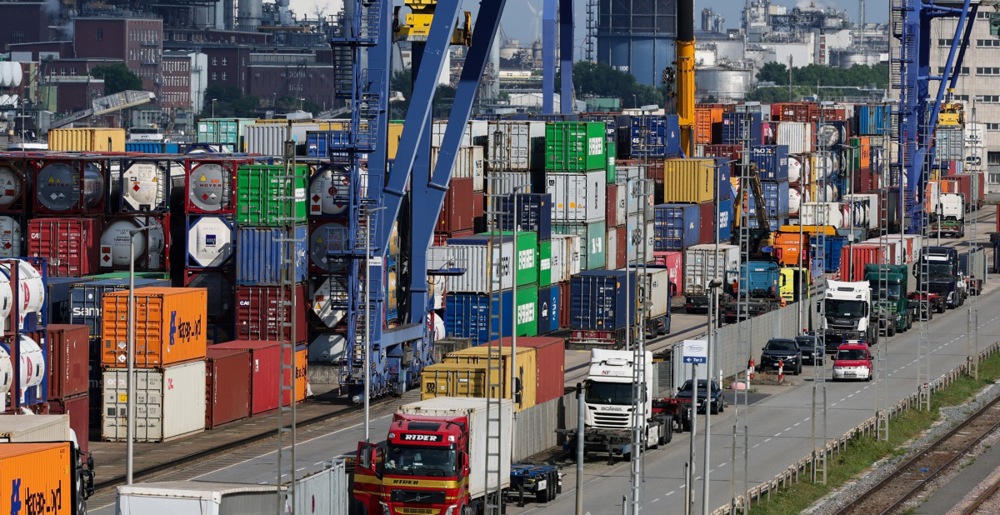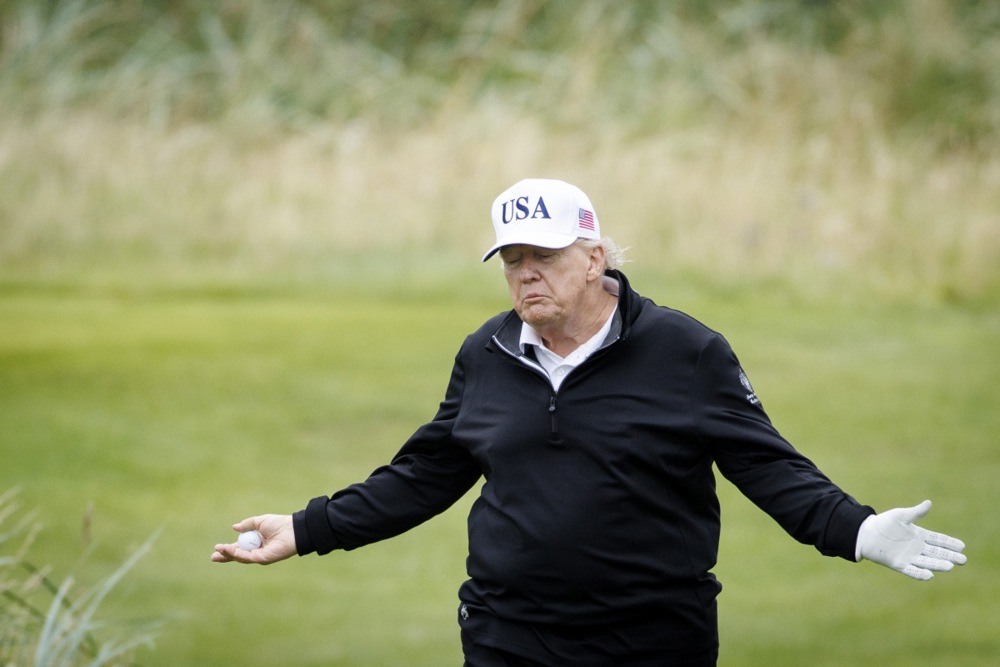The European Commission has quietly scaled back parts of its flagship Green Deal, softening the emphasis on climate targets as political and economic pressures mount.
The shift became clear yesterday during EC President Ursula von der Leyen’s State of the Union address, her annual speech setting out the European Union’s priorities.
“The politics of the Green Deal have changed,” said Fabian Zuleeg, chief executive and economist at Brussels-based European Policy Centre (EPC) after her address. “Ambition is given to short-term crisis management.”
Von der Leyen’s annual speech usually puts climate policy at the heart of Europe’s agenda. This year it was threaded more subtly through broader themes of growth, competitiveness, energy security and industrial leadership.
She said the transition must support both people and industry and that competitiveness was a central topic, something that echoed with projects presented by the EC in the past few months.
The recalibration of climate ambitions toward independence and competitiveness — words that were repeated throughout the speech — became clear across policy areas.
Decarbonisation remained a theme but was mentioned mainly in connection with broader economic and security objectives. Von der Leyen said Europe must protect its industries, that they were “doing the right thing to decarbonise” and should be rewarded and incentivised for that.
Janis Emmanouilidis, director of studies at the EPC, said the EC was now “trying to fit into the current priorities elements that link to the Green Deal” in areas such as technology and defence.
He added there were still “links to what are now the new priorities and the old ones, which is the green element, which was before climate change”. He warned, though, that “we do not have the mindset, we are just looking at what can we do here and here, grabbing low-hanging fruit and not making an actual difference”.
On energy, von der Leyen focused on security, saying Europe needed to generate more renewables, with nuclear as a baseload, to phase out Russian fossil fuels. ‘Baseload’ is the minimum amount of electricity an electrical grid needs to meet continuous, around-the-clock demand.
The transition was cast not primarily as climate policy but as a strategic response to geopolitical vulnerability. Experts at the EPC saw this as a new priority.
Farmers and firefighters were also central in the speech where she addressed climate adaptation, saying recent fires and floods had shown the human cost of extreme weather.
Von der Leyen also set out where the EC wants private and public money to flow: Into clean technologies such as batteries, renewables and hydrogen, into modernising industry. She also targeted infrastructure that can make Europe less dependent on imported fuels.
The President said investors must have certainty that demand will be there for “clean European products” and called lead markets “central to our strategy”. She promised to speed up permitting processes for renewable projects and cut administrative burdens for companies by a quarter.
Zuleeg said the speech confirmed a shift in political priorities in general. “We’re not seeing a clear, long-term strategy,” he said. “Leaders are grabbing the low-hanging fruit instead of driving systemic change.”
The Greens MEP Bas Eickhout said von der Leyen’s words about Europe’s “Independence Moment” sounded promising but warned it was unclear “to what extent these words will be translated into effective plans”.
He pointed to this summer’s wildfires and floods as evidence of Europe’s vulnerability, saying resilience meant “investing in clean industry and green jobs.” He criticised what he called “deregulation under the guise of simplification”.
His party colleague Terry Reintke MEP said a “truly strong Europe” required resilience “across the board”.
She referred to von der Leyen’s message as a “modest change” and warned the EU risked trading one dependency for another. “The €750 billion energy deal will make our economy a puppet of Trump, trading our dependency on Russia to the next fossil regime,” she said.





